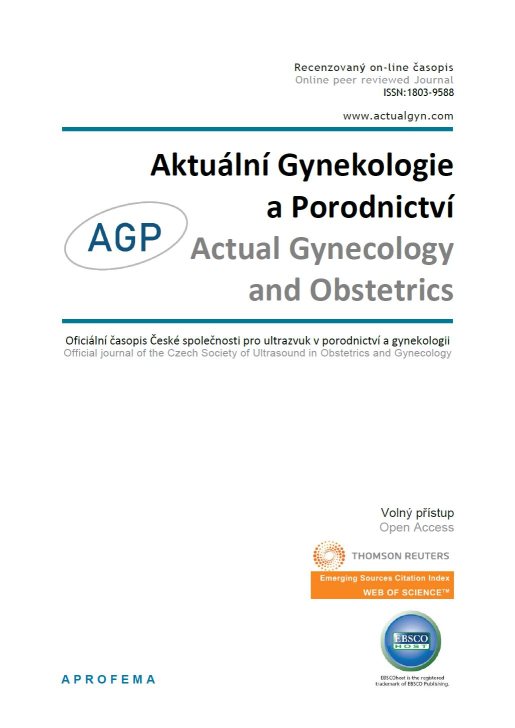











 Official publication of the Czech Society of Ultrasound in Obstetrics and Gynecology.
Official publication of the Czech Society of Ultrasound in Obstetrics and Gynecology.

The discovery that cervical cancer tumors were sensitive to chemotherapy led to the initiation of studies examining the effects of chemotherapy offered prior to initiation of primary radical radiotherapy or surgery. The use of chemotherapy prior to initiation of radiotherapy is not beneficial and in some cases it worsens the prognosis. Applying chemotherapy prior to surgery is an alternative to the standard treatment by concomitant chemoradiotherapy (CCRT) of locally advanced cervical cancer or to primary radical surgery followed by adjuvant therapy. Cisplatin is the essential drug in all verified treatment regimes. Neoadjuvant chemotherapy (NACT) decreases the volume of the tumor and other adverse pathological findings including involvement of lymph nodes (downstaging). Downstaging enables less radical operations. The best outcomes of this method occur when it is used in IB2 bulky and smaller tumors, in these conditions patients have over all survival around 80 %. There are accounts of positive results when NACT is used prior to fertility-sparing surgery. Reducing the need for adjuvant radiotherapy (RT) and aggressive radical surgery can have a positive impact on quality of life of patients with cervical cancer. Status of lymphatic nodes and response of the tumor are independent prognostic factors. Surgery after NACT has significantly better overall outcomes when compared with primary RT and provides a longer over all survival and progression-free survival than surgery alone. Currently, there are ongoing phase III studies comparing NACT before surgery and primary chemoradiotherapy.